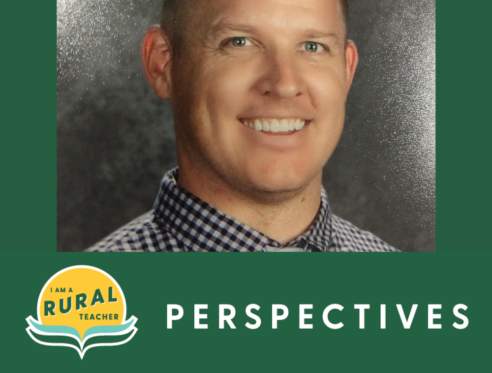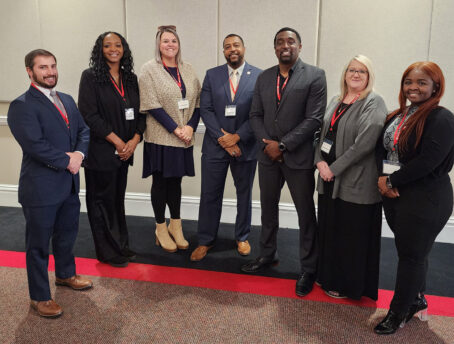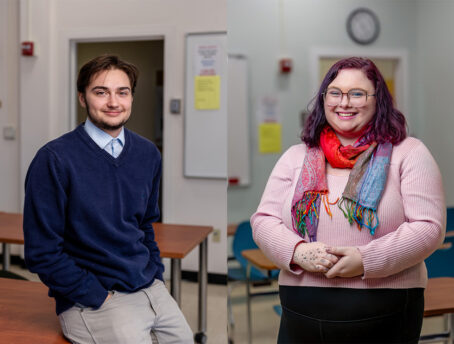My name is Jordan Bear and I am a K-8 Technology Teacher at the Neoga School District in Central Illinois. I have been teaching at a rural school for my whole 11 year career and I love it. Neoga is a small town with a population of 1,600. Our school district has about 550 students K-12. We have 2 principals, a dean of students/athletic director, 47 certified staff and 30 support personnel.
As a teacher many of us get into the field to have a positive impact on students. At a rural school the impact can be felt district-wide and even in the community. I have around 350 students that I see in a year; I see over 150 different students in a week. At a small district it is every student K-8 that I will see in the course of a year. I have a chance to build positive relationships with not only a single student, but their whole family as I often have brothers, sisters, and cousins. I see their parents and grandparents at the student drop off line each morning. I see students transition from elementary to jr. high and I am a familiar face as they make that jump. It creates a much clearer picture for me as a teacher that I can use to help understand where the students are coming from and help them where they are at. Teaching becomes much more individualized and for me it is more meaningful and impactful.
I have two daughters and we moved to Neoga shortly after I was hired here in 2015. It is a small town and my wife and I had some concerns about what life would be like for our children going to school in a small town. After having one of my daughters attend here since kindergarten and now in the second grade, I cannot imagine her going to a larger school and having the same support and opportunities that she has here at a smaller rural school. If my daughter has to go to the nurse it is not uncommon for me to get a text message from the secretary notifying me. Almost every staff member knows who my child is; whether it is cooks, secretaries, custodial staff, or other teachers and as a parent there is a huge comfort knowing that people know and are looking out for your child. At a small school it is the norm for all teachers to know every student to some capacity.
Another advantage that a rural school can provide is resources. It doesn’t seem like it would be true, but we have many resources available to our students here in little Neoga. I am focusing on technology resources, being a technology teacher. We have classroom sets of Chromebooks all the way down to second grade, as well as three computer labs with new desktop computers and Promethean Boards in every classroom. We have three 3D printers and students as young as 3rd grade are using Computer Aided Design (CAD) to create and print 3D models. Students build and code Lego Robots to complete challenges. We have a drone and a GoPro that we use for photo and video editing. Elementary students do a newscast that we put on YouTube (NES News; check it out!) and we use green screen technology, a camcorder and audio and video editing to put together a small newscast for the school. With some of my jr. high students we have built an arcade using a Raspberry Pi; we are working with the Neoga Agriculture Department to build a case for the arcade using their CNC machine. Jr. high students are also coding using Arduino microcontrollers that were purchased for our classroom by the Neoga PTO. Larger schools may have some or even all of these resources to some capacity, but the difference at a rural school with smaller classes is that every student will have these classes in the elementary and jr. high and have exposure and experience with these technologies. It is not an elective, it is part of the curriculum.




